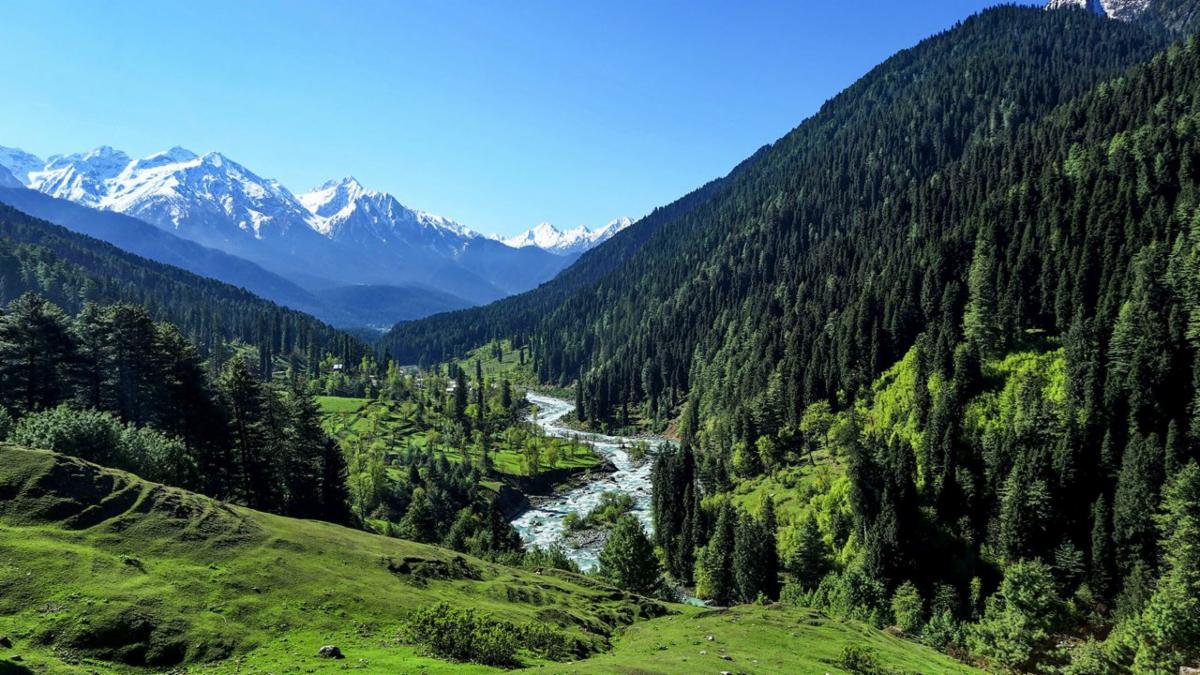Article Body
The Ripple Effects of Operation Mahadev: Kashmir’s Road Ahead
Security Dimensions
The success of Operation Mahadev marked a turning point for local security agencies. Increased surveillance capacity, quicker intelligence sharing, and the demonstration of effective, coordinated action have set new benchmarks for future operations.
However, security remains a tightrope. Experts warn of potential retaliatory attempts by Lashkar-e-Taiba and affiliated groups, particularly along infiltration routes in Rajouri-Poonch and across the LoC. The government announced an immediate review of all border security protocols and increased patrols on the Amarnath pilgrimage path.
Economic & Social Fallout
Kashmir’s tourism industry—having just begun its post-pandemic recovery—was rattled by the Baisaran Valley killings. Bookings dropped nearly 30% in April-May, according to the Jammu and Kashmir tourism Department. With the neutralization of the prime suspects, officials hope confidence will return, but acknowledge underlying fears persist among potential visitors.
A local NGO, Hope for Pahalgam, plans trauma counseling for survivors, while the Ministry of Home Affairs announced new compensation for victims’ families and local guides.
Diplomatic Repercussions
Operation Sindoor and Mahadev heightened Indo-Pak hostilities, triggering international calls for de-escalation. The Quad foreign ministers condemned the Pahalgam attack and pressed for a global effort against cross-border terror. While direct military conflict has cooled, diplomatic tensions continue, with India demanding action against LeT leadership and safe havens in Pakistan.
Looking Ahead
As analyst Kavita Shastri put it,
“India’s real test lies not just in eliminating attackers but in restoring faith and fostering harmony. The cycle of violence must finally break.”
Where do we go from here? The next few months—and future anniversaries—will be crucial in determining whether justice can foster lasting peace.


Comments